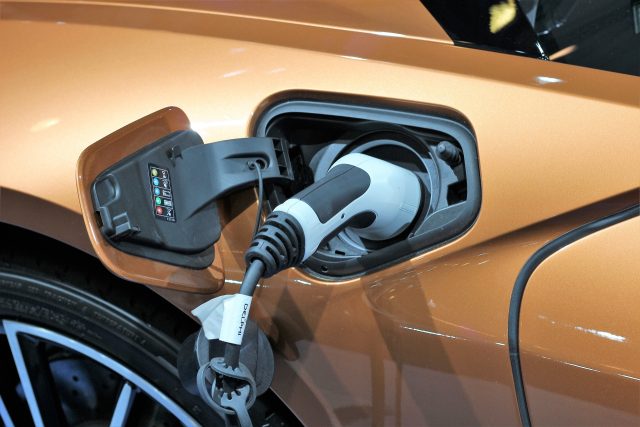
With the Approval of the New Proposal of the European Commission, All the Fundamental Materials for the Construction of New Renewable Energy Vehicles and Dispositive Will Be More Accessible
The European Commission has finally approved the proposal for a new regulation with a complete series of actions to allow safe, sustainable and diversified access to raw materials defined as critical, necessary for strategic sectors linked to the industrial ecological transition. The Automotive sector will therefore be able to take advantage of guaranteed and simplified access to the procurement of materials that are increasingly in demand to meet the needs of the new green production.
The difficult availability of certain materials, together with their strategic importance in the industrial processes linked to new productions, above all electric or renewable energy vehicles, makes it essential to be able to access them quickly and with certainty linked to their availability. In addition to the automotive sector, there are many devices that do not feed on fossil fuels or which in turn generate clean energy, which require a long series of critical raw materials and among these there are wind turbines, batteries powered by lithium or photovoltaic panels.
All European companies involved in the energy transition, for example, will need an amount of lithium, useful for the functioning of electric batteries, 18 times higher than in previous years, while the request for cobalt, useful for storing clean energy, will quintuple. In the latest list published by the European Community, there are 34 critical raw materials, 17 of which are considered of high strategic level for industry and ecological evolution in general.
The concentration of these raw materials and the management of their production is linked to only a few countries in the world and some of them aim for a global monopoly. This production imbalance makes supplies risky and often far from the timing required by the market. China alone supplies about 98% of the rare earths to the entire European Union, Turkey supplies 98% of the borates, 71% of the platinum comes from South Africa and 78% of the lithium is exported from Chile. The addiction of Europe, for the supply of raw materials from other continents, therefore, at the moment it is total and a regulation was needed to manage it better.
In the next few weeks, the European Parliament and the Council of the European Union will discuss the implementation of the new rules for the supply of raw materials by the European industries concerned and, after the usual legislative process envisaged, the regulation will enter into force with some priority actions. The first step towards this regulation will consist in identifying a series of raw materials necessary for the European ecological transition and for space and defence applications by defining clear and rational parameters.
Furthermore, the regulation will serve to streamline procurement operations by simplifying authorization procedures and also reducing administrative burdens. Another fundamental action involves the active and constant monitoring of the exchanges of raw materials between producing countries and companies with the active coordination of stocks. Huge investments in research and innovation are also planned for the development of cutting-edge technologies in the sector of critical raw materials and rare earths. Each step related to the new rules will still have to take into account, necessarily, the environment and sustainability, trying to guarantee decent working conditions in the countries of production of the raw materials and those fundamental for the protection of the environment. .
In order to honour the rules of the new regulation, Europe will be obliged to diversify the imports of critical raw materials by strengthening collaborations with reliable intercontinental partners in order to guarantee the stability of trade and the finances of the investors involved.



 Subscribe
Subscribe